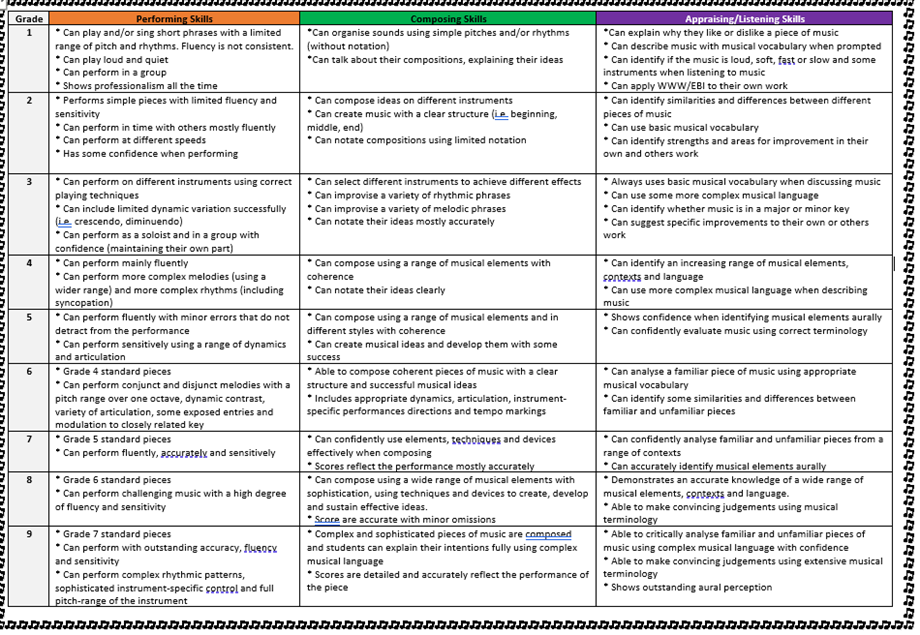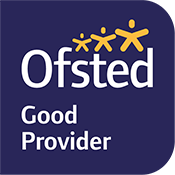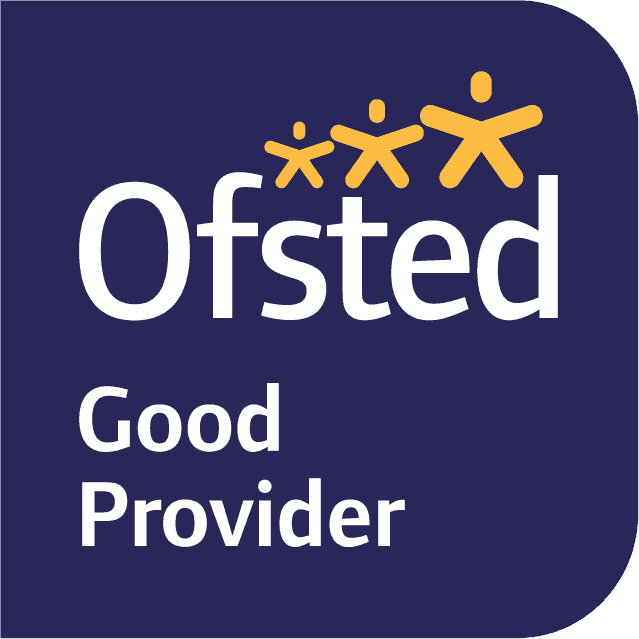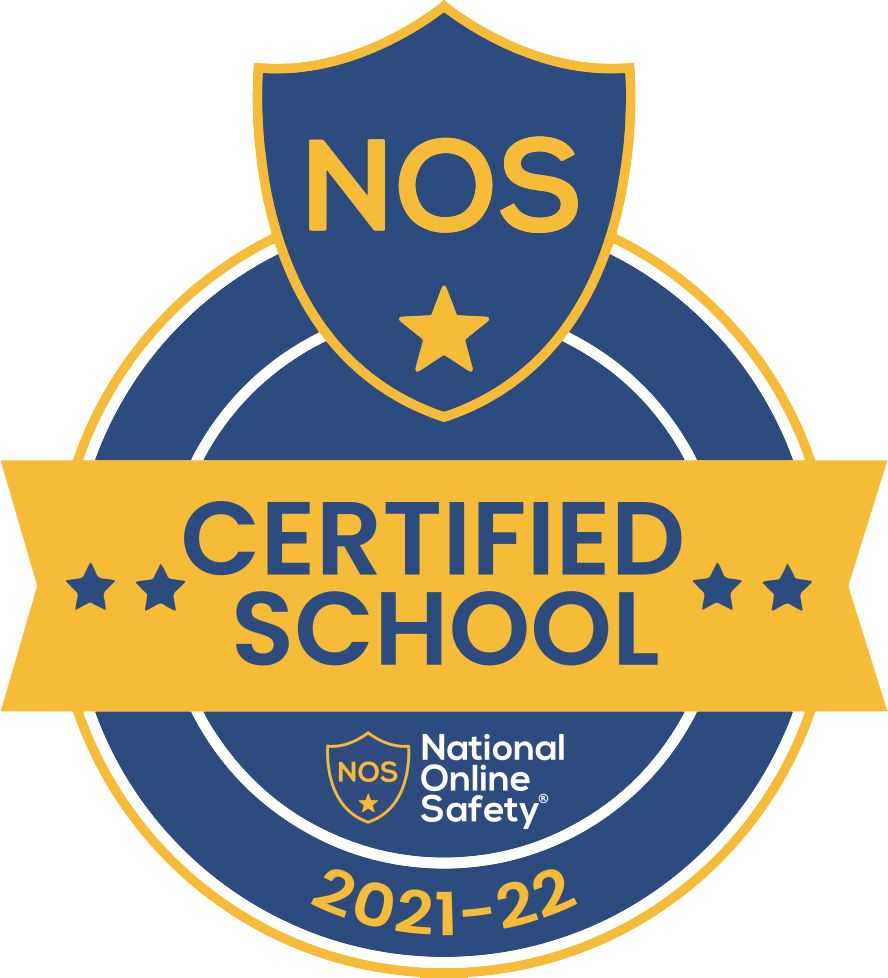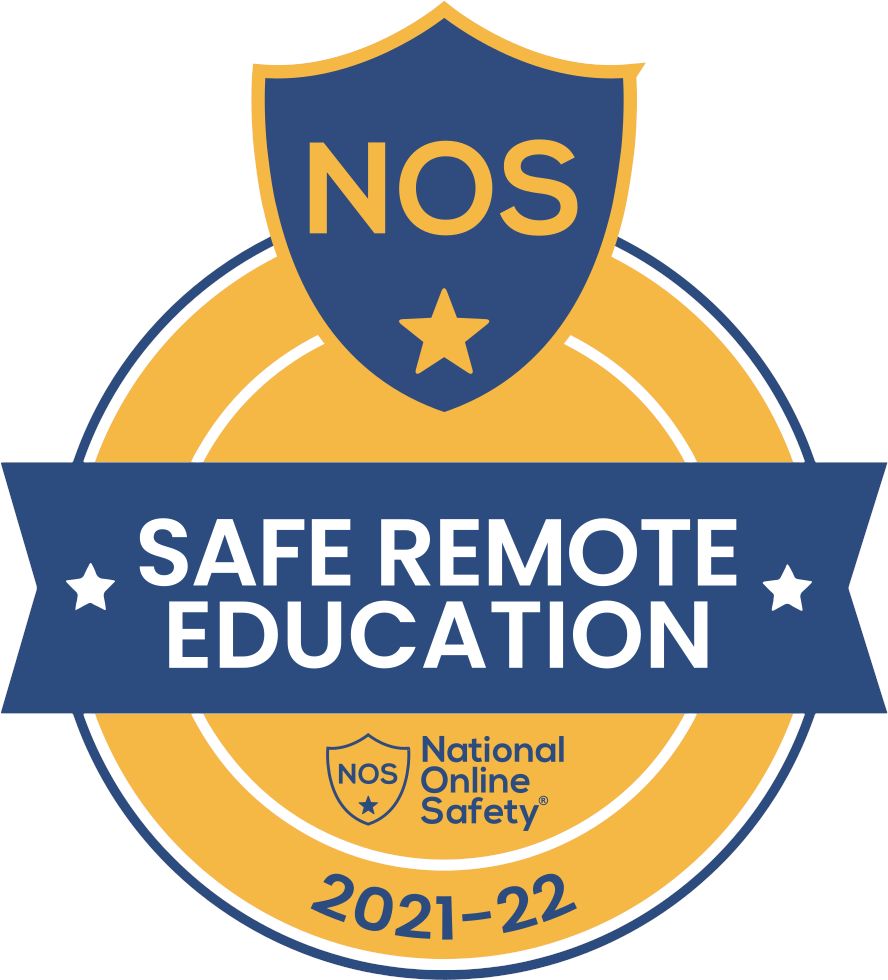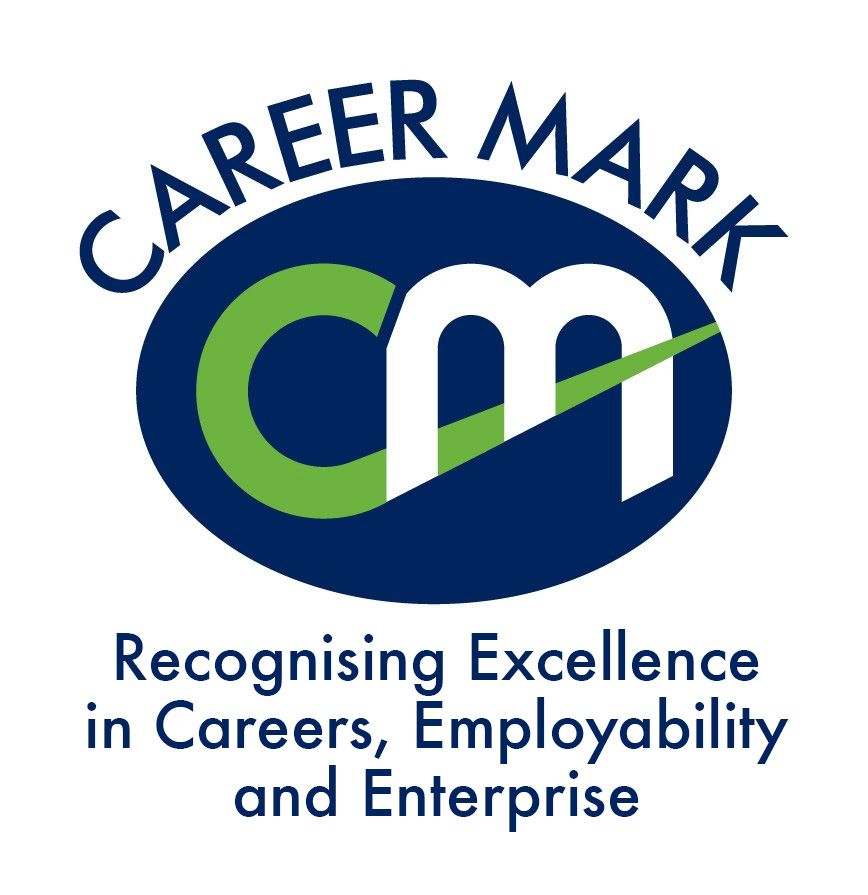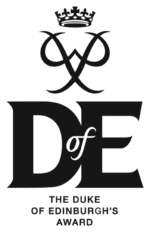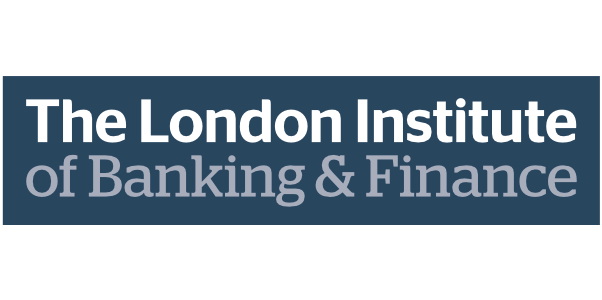Expressive & Performing Arts
Performing Arts Subject Intent Document
Dance /Drama /Music
Pupils leave a GAT Academy with the academic qualifications & wider skills, characteristics & experiences, which will assist them to lead successful & happy lives
Our Curriculum Intent at Kingswood:
To develop an aspirational, knowledge based and carefully sequenced curriculum that enables all learners to acquire and demonstrate deep knowledge through interconnected webs of ideas and concepts underpinned by knowledge and experience of vocabulary, cultural capital, SMSC and the KSA Core Competencies.
Performing Arts subject Intent (DANCE/DRAMA/MUSIC) :
Perform Compose Appraise
Our intent is comprised of the following 3 sections:
- Our vision for the subject/faculty and the purpose it serves for our pupils
- Defining what the key concepts and core domains of knowledge are, that pupils will learn about
- The end points our curriculum is working towards
Our purpose and objective in the Performing Arts faculty is to nurture talent, passion, imagination and build on confidence to allow children to perform regardless of any barriers they may face. The Performing Arts curriculum allows students to express themselves and provides them with the knowledge and skills in the disciplines of Drama, Music and Dance. This therefore will build on fundamental skills needed in performing, composing, devising, choreographing and appreciating both work from professionals and themselves. Within the Performing Arts curriculum, we would like our students to embody and enjoy the freedom and power of expression through a range of topics. Throughout all key stages students will have, the opportunity to perform, create and develop an understanding and appreciation of the arts formed in the society and the world around them.
Inter-personal and transferable life-long skills are a focus and help to develop our children holistically, developing social and communication skills all the time.
- Our vision
- Aspiration –to expose students to potential Career opportunities involved with Performing Arts related to lessons taught- this works directly in line with our vocational subjects as it allows pupils to work as if they were in the industry. To offer workshops with industry professionals as well as trips to the theatre/productions – at KS3, KS4, and KS5
- Core knowledge – Students are taught compositional, performance and appreciation skills both through the use of oracy and written work as well as different performance techniques. At KS4 and KS5 they study the history of the performing arts focusing on key practitioners, this looks at the culture and social influences. Students are also taught both dance and acting skills throughout all key stages. Students constantly review both their own and professional works, reflecting on how they can improve and grow as a performer. At KS3 students look at WW2 empathetically, using various techniques to delve deeper into the experience of both soldiers and Evacuees. They also build their story telling skills and focus on the technique of improvisation alongside many other techniques. They explore the history of dance, again learning about the culture and historical aspects.
- Skills – Our students gain the skills to explore themselves, not only as a performer but as a young person. The SOW allow students to experience events and moments outside of their own lives. They are challenged to explore stimuli that opens their minds to different cultures and ways of thinking. Throughout our work in Performing Arts they can also understand Cause and consequence – how events and decisions produce later actions and effects. Perspectives- how people experience events differently. Empathy and being able to understand another person’s views.
- Developing cultural capital –We work alongside our students of all ages to produce shows for the general public- allowing them to experience this process in a professional capacity. We have industry professionals coming in to run workshops- this had lead to some of our students auditioning and being successful in performing as part of these companies. Allowing them to travel to London and perform. We run clubs for all key stages and students can explore and develop their skills further- as well as becoming part of a community. Students have the opportunity to become leaders within subject area running a Dance day with her our feeder schools.
- Developing character – enabling our students to RISE. In particular developing our Core Values of:
- Respect- We teach our students about mutual respect- this is between the teacher and students, the student to student relationships as well as their relationship to their learning environment. Each lesson begins with clear routines that promote an atmosphere of mutual respect. We promote the ‘ company’ ethos and expect that all students respect this at all times When students are performing to each other it is expected that all students respect each other’s work
- Independence- Each lesson students are set an independent task- at KS4 this then develops into their own personal time such as lunch time and after school- this encourages them to look at their own personal management skills.
- Service- We provide the opportunity for our students to give back to their community- through shows, working with primary schools and leading clubs
- Empathy- Performing Arts is intrinsically about learning from other people’s experiences. Students placing themselves in the ‘shoes of others’ This is taught throughout our schemes of work at all key stages..
- Identifying and addressing context specific need – Our pupils are all unique and valued members of our community. Our dance and drama lessons are differentiated to allow each student to thrive and achieve. Students with specific needs are supported through a variety of methods from support in lessons to financial help for trips.
.
- Learning is sequential – The Performing Arts curriculum is sequenced to allow student’s knowledge and understanding to grow and build on prior knowledge. Students are taught using DNA’s to recall knowledge. Students are taught with retrieval tasks to ensure that their knowledge and skills build and avoids cognitive overload.
- Our key concepts and core domains of knowledge for Dance and Drama
At Key Stage 3, learners will experience a broad a rich curriculum comprising:
Year 7 they learn about: Nutcracker (repertoire -Bourne), Darkwood Manor (immersive drama), Graffiti (introduction to choreographic devices), Wacky Soap (social drama- Wheeller)
Year 8 they learn about: Evacuees/WW2 (historical drama), London riots/War (choreographic devices), Introduction to practitioners (Naturalism/realism - Stanislavski), Swansong (Professional repertoire -Bruce), Acting for Musical Theatre (script/style), Dancing through the age (historical/style)
Year 9 they learn about: Blood Brothers (Script/historical context), The Carman (professional repertoire – Bourne/use of prop), Physical Theatre (Practitioner/Wheeller), Parkour (physical skills), Live theatre review (appreciation), Introduction to BTEC (Devised/Choreographed)
At Key Stage 4, learners will study BTEC Level 2 Tech Award in Performing Arts. Over the life of the course, learners will study:
- Component 1- Exploring the Performing Arts
- Component 2- Developing Skills and Techniques in the Performing Arts
- Component 3- Responding to a Brief
At Key Stage 5, learners will study BTEC Level 3 Extended Certificate in Performing Arts. Over the life of the course, learners will study:
- Unit 1- Investigating Practitioners Work
- Unit 2- Developing Skills and Techniques for Live Performance
- Unit 3- Group Performance Workshop
- Optional unit- in the past this has been Musical Theatre Technique , Acting Styles, Jazz Dance Technique- we choose the unit based on the skills and ability of the group
In Music Our learners will be able:
• Develop performing, composing and evaluation skills
• Understand the place of music in culture / wider world
• Foster a lifelong appreciation for music and how it is used
2 . For Music Our key concepts and core domains of knowledge for Music
At Key Stage 3, learners will experience a broad a rich curriculum comprising:
The Musical Elements (as a concept and then used to create, develop and describe Music)
- Performing Skills – using keyboards, ukuleles, guitars, computers and a variety of percussion
- Eg. Scales, simple chrds, ensemble skills (Samba, band skills, reggae)
- Composing Skills – using instruments and computers to generate a variety of musical styles and structures
- Eg. Audi book (structures), Blues, Chord progressions, Ringtones and TV Themes
- Appraising – self and peer reflection comments using musical elements in general as well as topic specific vocabulary.
3 The end points of our curriculum Dance and Drama
By the end of each year our learners will be able to:
|
KS3 |
KS4 |
KS5 |
|
-Show and know subject specific language and vocabulary and use with confidence. Show development in basic skills in composition, performance and appreciation. Know a developing understanding of the performing arts industry and how it fits within the wider community. |
- Show and know subject specific language and vocabulary and use with independence and confidence both in written and verbal work. Show developing skills in composition, performance and appreciation. Know about the different aspects of the performing arts industry and how it fits within the wider community throughout their exploration of different styles of theatre. Show a lifelong love of theatre and expression within the performing arts. |
Show and know subject specific language and vocabulary and use it independently and with confidence both in written and verbal work to a high level. Showing the ability to analyse and evaluate professional works as well as their own skills. Show high level refined skills in composition, performance and appreciation to a standard that could lead them to university level or to work within the professional industry. Know a deeper knowledge of the aspects of industry and how to access this after school. Through their exploration of different styles of theatre and experience of trips and professional workshops develop what they know and can show at a more professional level. Show commitment to a lifelong love of theatre and expression within the performing arts. |
|
Music in Year 7 |
Music in Year 8 |
Music Year 9 |
|
Know the Musical Elements (as a concept and then used to compose, develop and describe Music) Show developing performing skills – using keyboards, ukuleles, guitars, computers and a variety of percussion Eg. Scales, simple chords, ensemble skills (Samba) Know how to, and show composing skills – using instruments and computers to generate a variety of musical styles and structures. Eg. Audio book (structures), Chord progressions, Know and show how to appraise self and with peer reflection comments using musical elements in general as well as some topic specific vocabulary.
|
Know and show application /performing with more skill the Musical Elements to compose, develop and describe Music. Show developing performing skills – using keyboards, ukuleles, guitars, computers and a variety of percussion Eg. ensemble skills ( band skills, reggae) Know how to and show composing skills – using instruments and computers to generate a variety of musical styles and structures. Eg. Blues, Reggae, Chord progressions, Ringtones and TV Themes. Know and show confidence in how to appraise self and peer with more refined reflective comments using musical elements and with more topic specific vocabulary.
|
Know and show performances with more refined skill across more than one instrument or Tech the Musical Elements to compose, develop and appraise Music of self and peers. Show refined performing skills in more instrument and secure or advanced skills in at least one – from keyboards, ukuleles, guitars, computers and a variety of percussion. Pupils will show application across musical genres. Eg. ensemble skills ( band skills, reggae) Know how to and show more refined composing skills – using more instruments and computers to generate a wider variety of musical styles and structures. Eg. Orchestra, Blues, Reggae, Chord progressions, Ringtones and TV Themes. Show increasing ssill in performing using Technolgy and use this to express ideas to an audience. Know and show skill in how to appraise self and peer with refined reflective comments using musical elements and with more topic specific vocabulary and know areas for them/self to improve
|
Assessment points for Dance/Drama and Music at Key stage 3: Pupils will be assessed once per half term this will be on a final piece of practical work- titles are on SIMS
Formative assessments will be completed during the 6/7 half term allowing for improvement lessons to be identified so pupils can improve before the summative assessment. This may be recorded visual/Aurally where possible using the faculty IPAD.
Key Stage 4 will be assessed on week 3 and week 6 of each half term- this is a mixture of practical and theory-based assessments- titles are on SIMS
For Dance and Drama Key Stage 5 will be assessed on week 3 and 6 of each half term- this is a mixture of practical and theory-based assessments- titles are on SIMS
Music E.g
